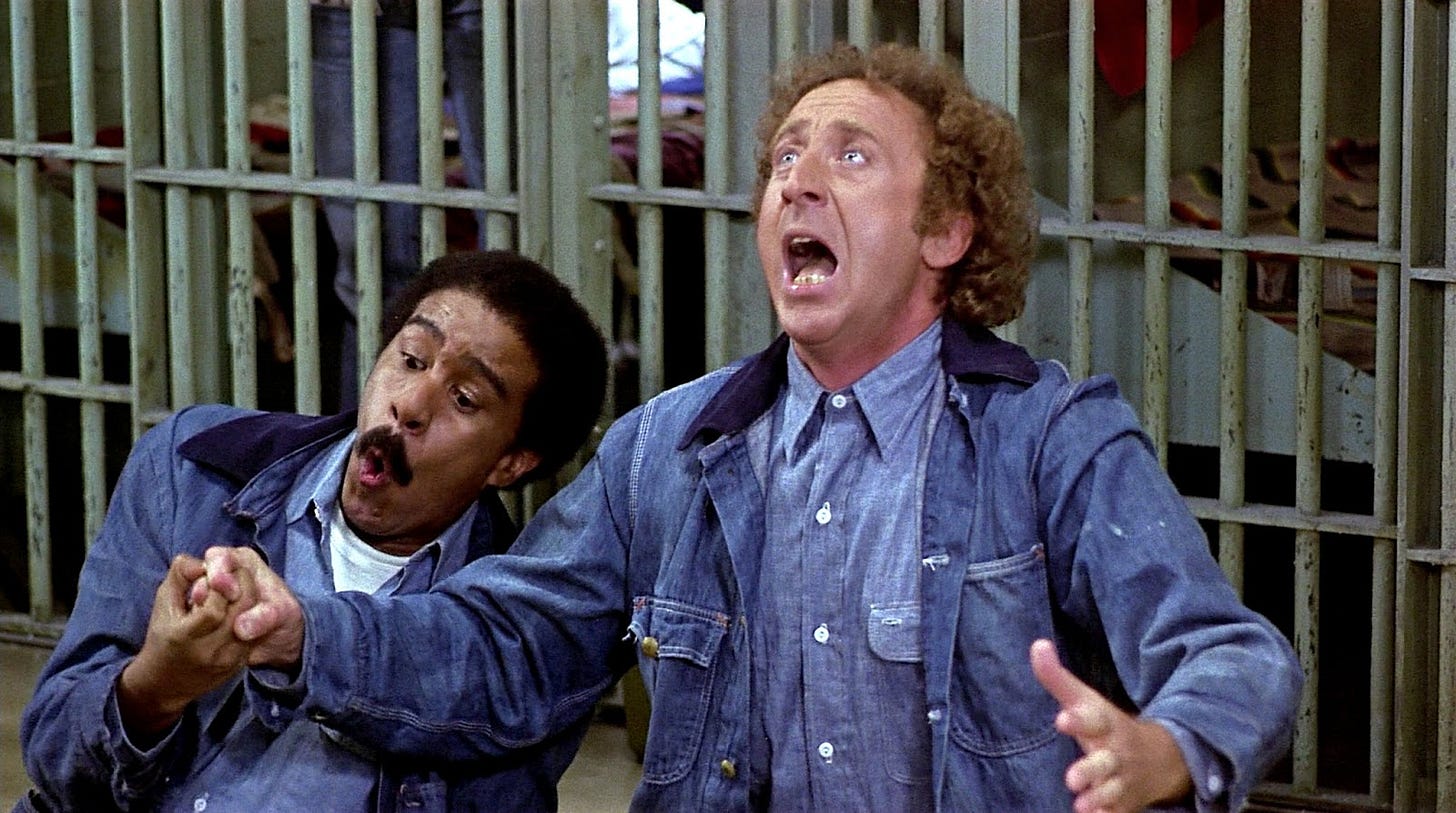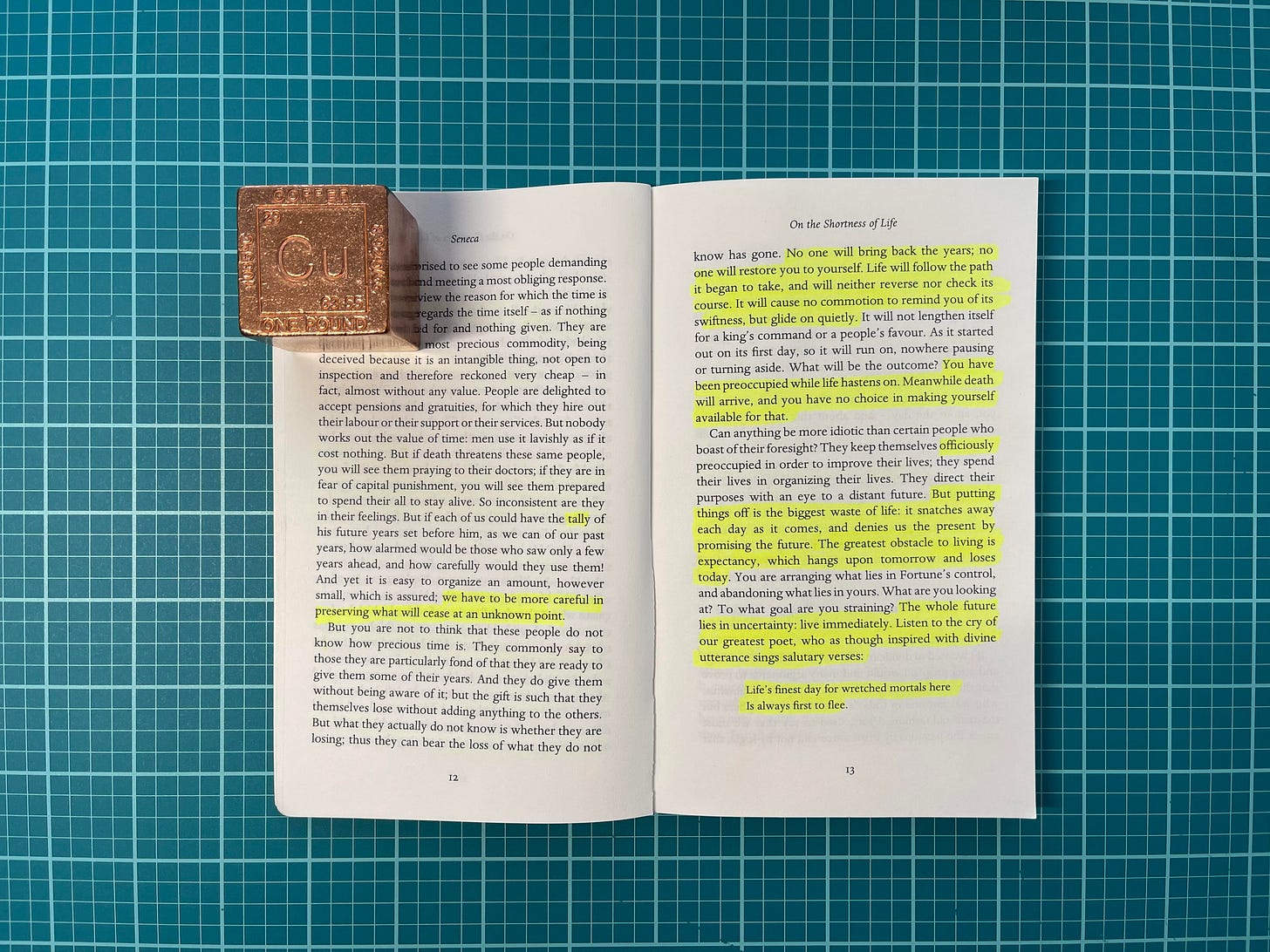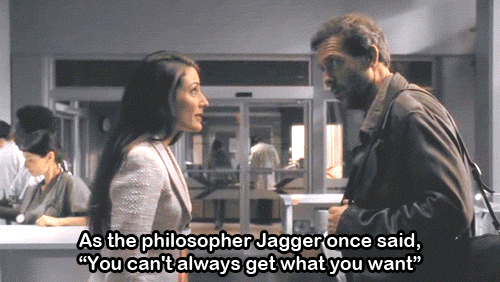On the Shortness of Life
How to Not Live an Unfulfilled Life (Entry I)
My Time is Running Out
I have an intense fear of time running out. Specifically, my time running out. It isn't my inevitable death that I find intimidating; instead, I am afraid of a potential implication of my death: having never lived in the first place. The unfulfilled life, a life characterized by unrealized potential and remorse, is, to me, a fate worse than death. I spent countless hours worrying about this outcome and an equal amount of time trying to find the next big thing to fill that void—the thing that will help me come closer to the fully realized version of myself. However, the more I agonized over my life’s possibly fruitless conclusion, the more I realized that I was utterly trapped. To find a cure for this peculiar ailment of the mind, I had to do some serious digging.
"Sooner or later, almost all prisoners suffer chronophobia to some degree and become terrified by the duration and immensity of time. This is often called going 'stir crazy.'"
Doing time?
Chronophobia is defined as the extreme fear of time or, more accurately, of time passing. According to the Cleveland Clinic, this condition can cause "severe anxiety, feelings of dread, obsessive behaviors, and depression."1 Interestingly enough, Chronophobia--classified as a specific phobia and thus a form of anxiety disorder--is also referred to as "prison neurosis," for it is commonly seen in prison inmates having trouble adjusting to an exceptionally long sentence.2 In fact, “sooner or later, almost all prisoners suffer chronophobia to some degree and become terrified by the duration and immensity of time. This is often called going ‘stir crazy.’”
So what does that say about me and the way my brain works? Why would an otherwise healthy—and not incarcerated—25-year-old dude be going “stir crazy?” The answer is certainly not as straightforward or uni-dimensional as it may initially seem.
This week's posts will explore why and how chronophobia slowly creeps up on me now and then. In addition to this analysis, it is equally important to investigate how to combat that restless fear of the unfulfilled life and its deleterious effects.
This is a subject that I have been researching extensively over the past ten years (starting when I was 15), and while not all aspects of my search were fruitful, I still managed to distill the elements of the pursuit of a fulfilling life into five pillars. This first post serves as an exploration of the first such pillar: Expectation.
Enter the Stoa
I was introduced to Stoicism through a Casey Neistat vlog in May 2015 (see, I wasn't lying about the length of my research). In it, Casey quotes Ryan Holiday quoting the Stoic philosopher Seneca, positing that "it is not that we have a short time to live, but that we waste a lot of it." I can still recall how profoundly that quote rocked me. I stormed to the nearest bookstore, searching for Seneca's essay "On The Shortness of Life." Three bookstores and a lot of sweat later (it was pretty hot in Greece at the time, and I was quite out of shape), I finally got my hands on this most treasured philosophical piece. What I read in the next couple of hours kept me up all night back then and has stuck with me since. In one of my favorite excerpts from the essay, Seneca says:
But putting things off is the biggest waste of life: it snatches away each day as it comes, and denies us the present by promising the future. The greatest obstacle to living is expectancy, which hangs upon tomorrow and loses today.
- Seneca
Expectation Is Our Jail
Expectation is the ball and chain of the mind. It clouds our vision of the present with mirages of the future. These predictions, no matter how accurate they may be retrospectively, are essentially mere conjectures about what will/ought to occur hereafter. Making such estimates is not an inherently problematic process that must be avoided at all costs. After all, one could argue that estimations about the future are a survival mechanism deeply ingrained in us, helping us assess how dangerous a situation may be. The issue, however, is when the anticipation of a specific future outcome inhibits our enjoyment of the present. So how do we free ourselves from these invisible shackles weighing us down?
Mick Jagger Got It Right
“You can’t always get what you want,” said warrior poet Mick Jagger. “But sometimes,” he adds, “you get what you need.” Starting with the thoughts of a Roman Stoic philosopher and ending with the astute observation of arguably one of the most influential frontmen in the history of Rock & Roll, I came to the conclusion that to free ourselves from the mental prison whose bars spell out “expectation” we must accept the world and ourselves as is. That does not mean not striving to do more and be better; it does not mean giving up, nor does it excuse not trying in the first place. Acceptance means making our peace with the inherent unpredictability of our lives, our potential failures, the scars we have amassed over the years, and still moving forward. As long as we are able to “[…] fill the unforgiving minute / With sixty seconds’ worth of distance run” (Kipling, lines 29-30), our lives cannot help but become more meaningful.
TL;DR:
Chronophobia—the fear of time passing—can be a debilitating form of anxiety manifesting through the yearning for a well-lived life. A primary contributor to this ailment is expectation, which can stem from our need to control the outcomes that befall us. To help combat chronophobia and start living—instead of merely existing—put your expectations on the passenger seat and grab the wheel of the present with both hands, focusing solely on the driving.
Note from the author
Thank you for taking the time to read through the very first post on Damn Good Thinking! I am slowly but surely figuring out how to craft these entries to the best of my ability, which is a process I have found to be absolutely enthralling! Join me again tomorrow, when I will discuss the second pillar of a fulfilling life.
If you enjoyed this post and would like to read more, consider subscribing here and following us on Instagram (@damngoodthinking).
https://my.clevelandclinic.org/health/diseases/22579-chronophobia-fear-of-time
https://medical-dictionary.thefreedictionary.com/chronophobia






